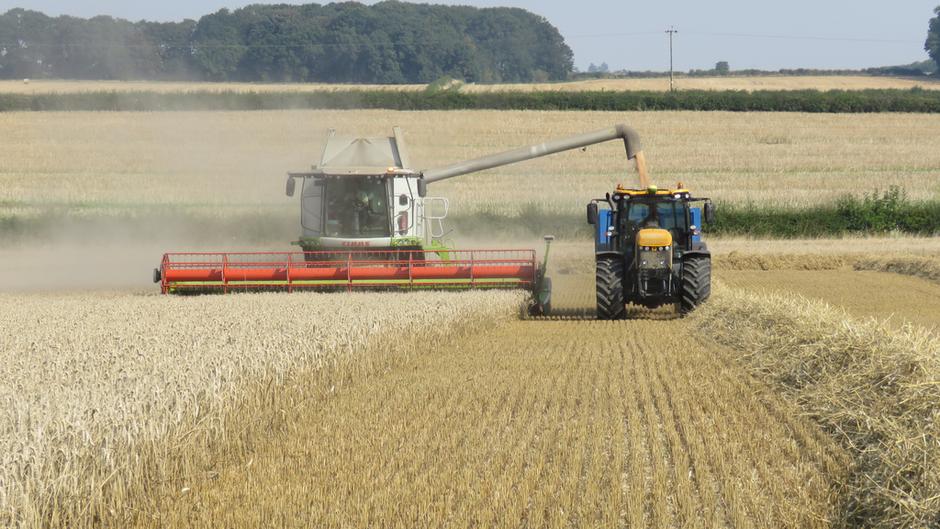We are undoubtedly facing interesting times in agriculture, or should I perhaps say challenging? Farming has always been interesting but as we progress, it is increasingly bound by ‘red tape’ and much doubt over what to do. With the ever rising global population and the growing need for housing, coupled with loss of land globally through erosion, melting of polar ice caps causing sea levels to rise, as well as the devastation of the Amazon forests, I do wonder how we are going to feed future generations.
In the meantime however, we have to live and do the best we can with what we know. I believe that when the farming subsidy was introduced with the aim to provide cheaper food for the nation, it was instead the supermarkets that benefitted by paying lower prices to the producers. This meant the public did not really benefit. Farming is one of those few industries where the price of its products, whether animals or crops, is not known but instead is variable. Moreover, global events impact this price further; when I was a lad the price of wheat in the UK was not affected its price in Australia or America. Butchers attended the local markets and bid for what they wanted. Several farmers produced exactly what the local butcher wanted who was willing to pay for it.
On Brexit day changes in the GBP/EUR exchange rate meant oilseed rape dropped in value by £9 per ton and wheat by £6 per ton. A week later GBP dropped against the USD. How is the local farmer supposed to deal with that? Farmers can buy or sell forward, but it’s a clever man who gets that right all the time. Some years ago I had experience of selling cereal forward at a good price. By the time the delivery was dispatched, the market price had dropped so the buyers found all sorts of things wrong with it (even though it had already been checked and was well in line), so they knocked £’s per ton off.
I suppose we are open to market fluctuations but there has to be limits. Consumables like seed, spray, fertiliser and rent seem to gradually rise in price all the time; electricity, water and other bits and pieces do the same. It is a constant battle to keep abreast, never mind ahead of things in general. So looking ahead, with the expected increase in population, will we ever have a day when a farmer can dictate the price he will receive? You tell me.
Who would be a farmer?!




